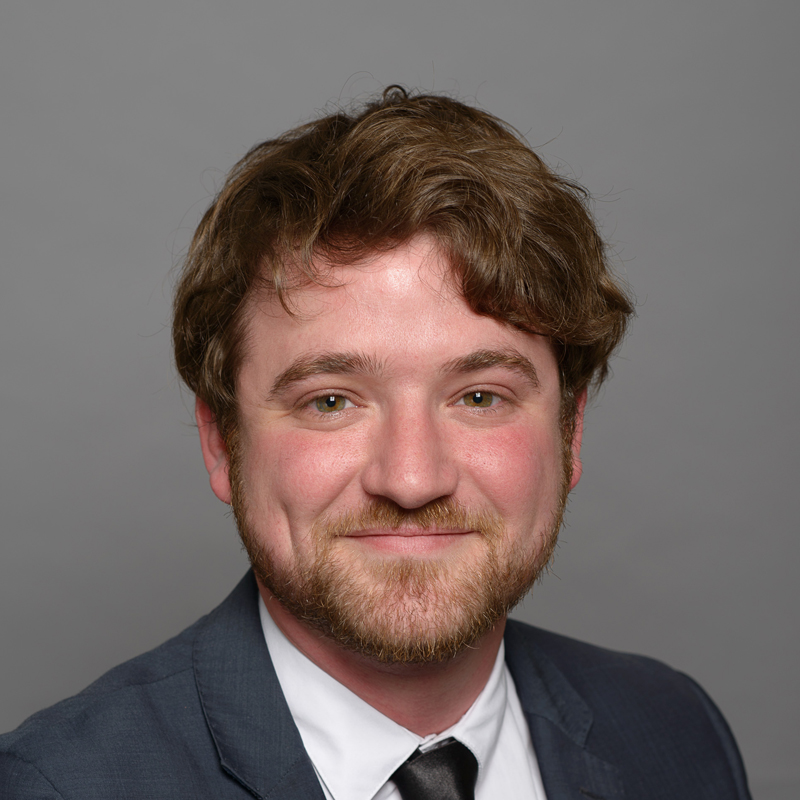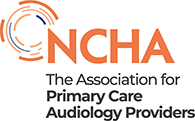30 September 2016
Ageism: Changing how we think about older people’s hearing health
International Day for Older Persons 2016 is an opportunity to start new conversations about the importance of hearing care, says NCHA Communications Manager Ollie Lamb.
The theme for this year’s International Day for Older People, on Saturday 1 October, is ‘Take a Stand Against Ageism. The World Health Organisation (WHO) warns that ageism is “widespread and an insidious practice which has harmful effects on the health of older adults”. The organisation goes on to warn that ageism can influence policy makers, both “subconsciously or actively”, to “opt for cost containment in preference to making appropriate adaptations and investment in infrastructure and services for ageing societies.”
This is something we have seen first-hand in the UK. For example when some NHS commissioners explored rationing hearing care services for age-related hearing loss based on growing needs rather than evidence: buying into their own narrative that “ageing means cuts” rather than change. Many of these regions had failed to ensure contracts with providers were efficient and economical before targeting what was in effect services used by older people.
This seems to represent a structural failure of the health and social care system to take hearing health and ageing well seriously. It is also unfortunately a system in which messaging doesn’t always emphasise how we can do more for less to meet growing needs. In NHS commissioning in England for example demand for hearing care services are still “modelled” based on historical activity, rather than local needs. When – not surprisingly – those models fail, the system uses words like “over-performance” and proceeds to “manage demand”, simply another word for rationing services. All these messages miss the root cause of system failures: not planning services to respond to our ageing population. The fact that many healthcare planners are getting away with it sends the wrong signal about the importance of services for older people.
Ageism, hearing health and a way forward
1 in 5 adults have hearing loss and 97% of people with a hearing loss are age 40 and over, meaning that hearing loss is a growing public health challenge in our ageing society. Untreated hearing loss affects a person’s ability to communicate with friends and family, and can increase the risk of social isolation, depression and cognitive decline. Failing to plan services and then rationing because the best value services were not commissioned is simply storing up problems for the future and implicitly marginalises older people. Not communicating the real cause of this failure and instead hiding behind a message that “we cannot do everything” devalues the health and concerns of people with hearing loss.
This is particularly galling when, for example, NHS England’s recently published National Commissioning Framework (NCF) is ignored, despite spelling out how to do more for less and how this will help our population to age well. This I believe is what the WHO warns of above, and why we need to change. We need to disseminate documents like the NCF and challenge failures to act, especially when we know failing to act will fail our ageing population, and where commissioners still pursue the narrative of cuts rather than savings, we need ask why it is tolerated.
There is of course no magic bullet to address the insidious impacts of ageism. Everyone has a part to play this International Older People’s Day, including in recognising the link between getting older and hearing loss and how many of the barriers to accessing care are created by social norms - some are simply a form of ageism. Challenging the status quo message that “ageing means we cannot do everything” requires us to confront this lazy thinking and ask “are you really making the best of your hearing budget?”. That would help, at least in hearing care where the answer is, far too often, no. Communication teams can help challenge and change the system, and taking a stand against ageism is something the NCHA fully supports.

Press enquiries
Media enquiries should be directed to [email protected] or call 020 7298 5110.
We are happy to put you in touch with our expert policy advisers who can comment on a variety of issues.
You can also follow us on Twitter and LinkedIn.

 Your hearing and aural health
Your hearing and aural health  Commissioners and Policymakers
Commissioners and Policymakers  Member support and guidance
Member support and guidance News and views
News and views
 Hearing map
Hearing map
